Industry information
Company News
- Aluminum veneer customization, creating a new trend of personalized space
- Aluminum veneer curtain wall, the fashionable outerwear of modern architecture
- Aluminum veneer: understated luxury in modern architecture
- Aluminum veneer curtain wall, the fashionable outerwear of modern architecture
- Aluminum veneer curtain wall: a magnificent coat of architectural art
Industry dynamics
- Selection and application of decorative curtain wall aluminum veneer
- Punched aluminum veneer, the new aesthetic favorite of modern architecture
- Why has aluminum veneer become the new favorite of architectural decoration?
- What is the electromagnetic shielding performance of fluorocarbon aluminum veneer?
- Aluminum veneer, creating a new style of modern architecture!
Frequently asked questions
- What are the maintenance methods for aluminum veneer?
- Is there a wide range of color options for aluminum veneer?
- How does aluminum veneer affect indoor temperature?
- Can aluminum veneer be applied to the exterior design of sports buildings?
- Is the use of aluminum veneer limited by geographical environment?
contact us
Mobile:+86 15627778610
Email: 2201229786
Address: No. 5 Binjiang Road, High tech Zone, Zhaoqing City, Guangdong Province
Customized environmental certification for aluminum veneer
- Author: Xinlongtai Aluminum Industry (Guangdong) Co., Ltd
- Release time: February 25, 2025 15:25:39
- Click:0
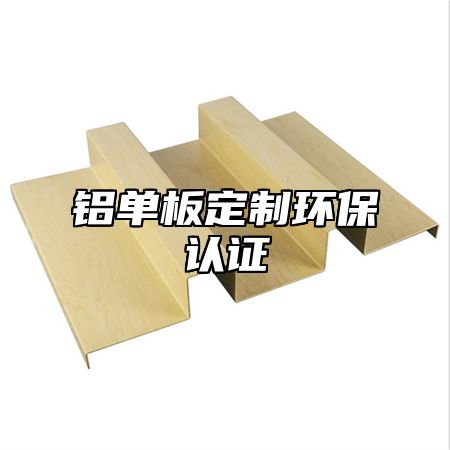
With the continuous improvement of environmental awareness, more and more consumers are paying attention to the environmental performance of products.Aluminum veneerCustomization, as a new type of building decoration material, its environmental performance is also an important factor affecting market competitiveness and customer satisfaction. Below, we will provide a detailed introduction to the environmental certification of customized aluminum veneer.
1、 The meaning of environmental certification
Environmental certification refers to the process of conducting environmental performance testing and evaluation on products to confirm their compliance with national or international environmental protection standards and regulations. In the aluminum veneer customization industry, environmental certification mainly includes two aspects: material environmental certification and product environmental certification. Material environmental certification mainly targets the aluminum veneer material itself, including its raw materials, production processes, waste disposal, and other aspects; Product environmental certification mainly targets aluminum veneer products themselves, including energy consumption, emissions, and other aspects during their use.
2、 Environmental certification of aluminum veneer materials
The environmental certification of aluminum veneer materials mainly includes the following aspects:
1. Environmental certification of raw materials: The main raw materials for aluminum veneer materials are aluminum alloys and non-metallic materials, which require environmental performance testing and evaluation to confirm their compliance with national or international environmental protection standards and regulations.
2. Production process environmental certification: The production process of aluminum veneer materials includes multiple stages such as melting, casting, rolling, and surface treatment. Environmental performance testing and evaluation are required for each stage to confirm compliance with national or international environmental protection standards and regulations.
3. Environmental certification for waste disposal: The production process of aluminum veneer generates a large amount of waste, which needs to be evaluated in terms of classification, treatment, and recycling to confirm its compliance with national or international environmental protection standards and regulations.
3、 Environmental certification of aluminum veneer products
The environmental certification of aluminum veneer products mainly includes the following aspects:
1. Energy consumption environmental certification: Aluminum veneer products consume a certain amount of energy during use, and their energy consumption needs to be evaluated to confirm whether they comply with national or international environmental protection standards and regulations.
2. Emission environmental certification: Aluminum veneer products will produce certain emissions during use, and their emission situation needs to be evaluated to confirm whether they comply with national or international environmental protection standards and regulations.
4、 How to improve the environmental performance of aluminum veneer products
To improve the environmental performance of aluminum veneer products, we can start from the following aspects:
1. Optimize the selection and procurement of raw materials: Select raw materials that meet national or international environmental protection standards, and strengthen supplier management to ensure that the environmental performance of raw materials meets requirements.
2. Optimize the design and improvement of production processes: Adopt advanced production processes and technologies to reduce energy consumption and waste generation, improve production efficiency and product quality.
3. Strengthen product design and research and development: Based on market demand and customer feedback, develop more environmentally friendly, energy-saving, and aesthetically pleasing products to enhance their added value and market competitiveness.
Customized environmental certification for aluminum veneer is a very important part. In the actual operation process, it is necessary to strengthen the management and control of the environmental performance of materials and products, actively respond to national policies and industry standards, and promote the healthy development of the aluminum veneer customization industry. We also need to pay attention to future development trends and issues such as environmental protection and energy conservation, constantly innovate and improve products and services, and meet customer needs and social expectations.

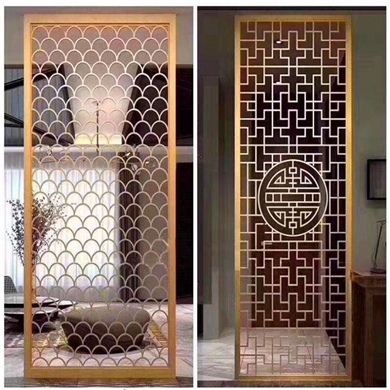
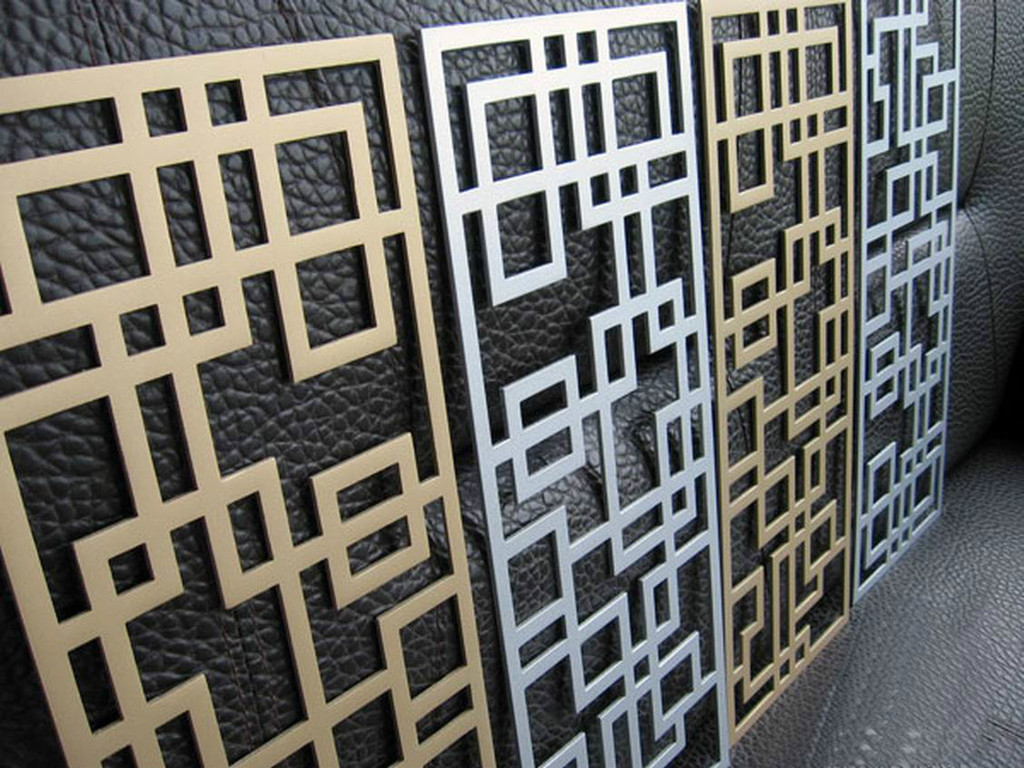
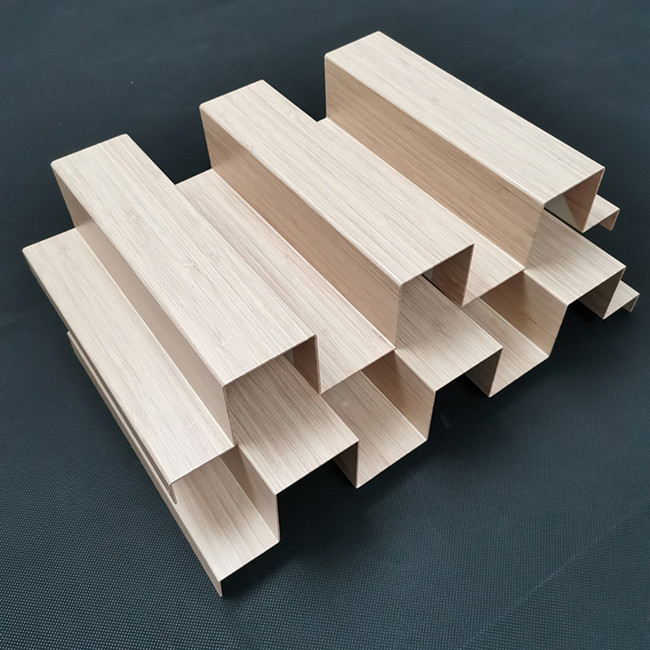
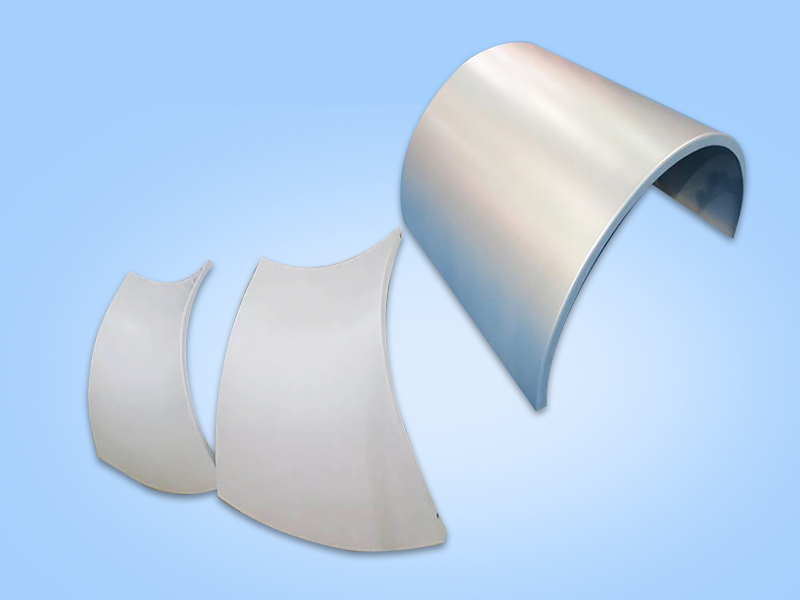
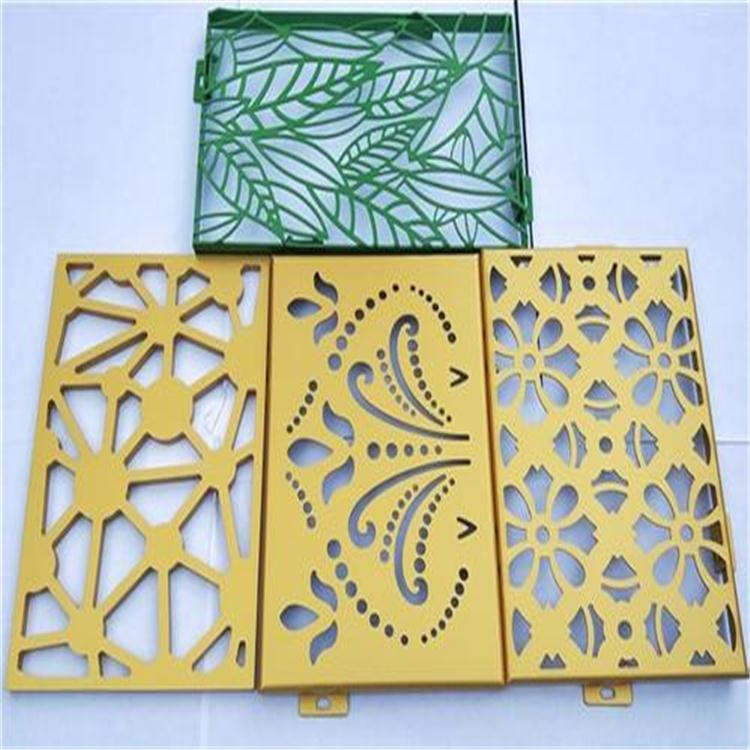
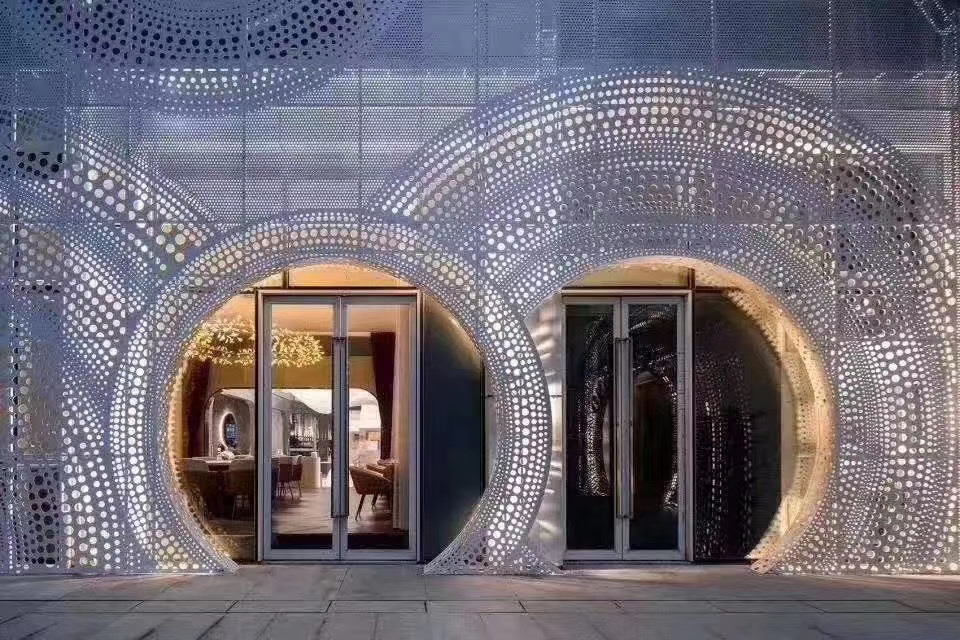
 Customer service QQ
Customer service QQ